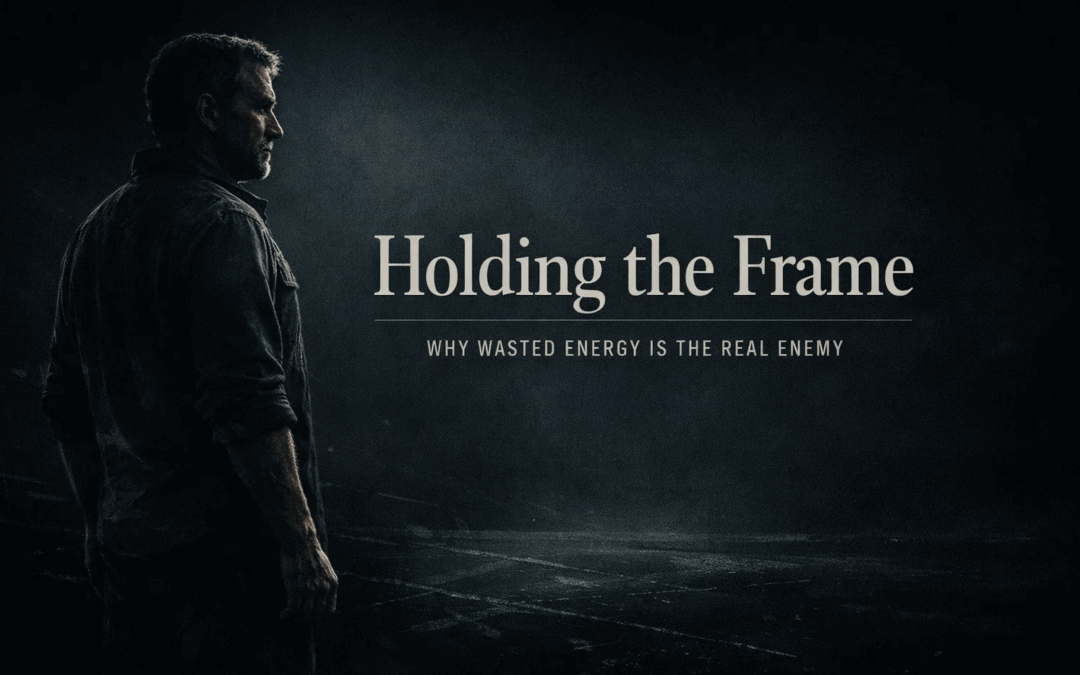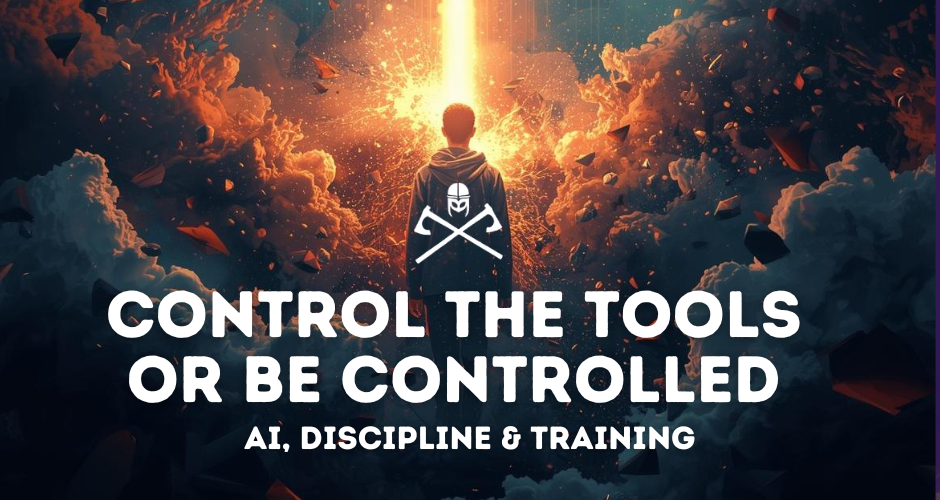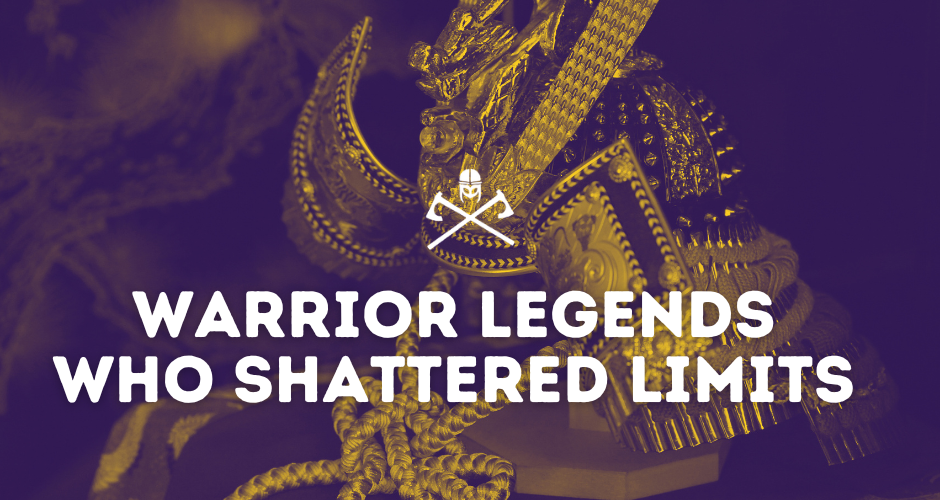
by Gene Crawford | Jan 19, 2026 | Podcast
Most people think recovery is about fixing the past. It isn’t. It’s about stopping the unnecessary drain on your life.
In this episode of Warrior Mindset, Gene sits down again with Dr. Scott Padgett for a blunt conversation about energy, control, and maturity. Not just in recovery, but in life. They unpack a simple truth that most people resist: if you are constantly angry, resentful, or obsessed with things you cannot control, you are leaking energy every day.
Addiction trains people to pour attention into the wrong places. Sobriety does not automatically fix that. Many people stay exhausted because they keep feeding grudges, replaying old arguments, and trying to control outcomes that will never bend to them.
This conversation is about discipline, not positivity. About restraint, not repression. About learning when to disengage, when to let go, and when silence is the strongest move available.
You do not become powerful by carrying everything. You become powerful by choosing what is worth carrying at all.
This is not a recovery episode. It is a conversation about energy, clarity, and the cost of holding on.
(more…)

by Gene Crawford | Jan 12, 2026 | Podcast
Motivation feels powerful, but it’s unreliable. That’s why most people stay stuck in cycles of starting, stopping, and starting over again.
In this episode of Warrior Mindset, we break down why motivation fails, why discipline actually works, and how to build a simple system that removes negotiation from your goals. No hype. No waiting to feel ready. Just practical structure that creates real progress.
This is about discipline as a system, not punishment. About consistency without drama. And about building momentum when motivation disappears.
(more…)

by Gene Crawford | Dec 29, 2025 | Podcast
This is a quieter Warrior Mindset episode about energy, restraint, and what changes after years of responsibility.
Endurance matters early. But mastery demands precision. Stoic philosophy and warrior traditions don’t teach endless effort, they teach economy.
If you’ve felt less patient, less willing to waste energy, and more intolerant of inefficiency, you’re not breaking. You’re sharpening.
This episode explores:
- Why wasted energy becomes the real enemy
- The three phases of responsibility and mastery
- Stoic discipline, frame-holding, and economy of force
- Why resentment is a signal, not a failure
- Restraint as strength under control
- This lesson only shows up after years of carrying weight.
(more…)

by Gene Crawford | Dec 22, 2025 | Podcast
The Luddites weren’t afraid of technology. They were afraid of losing control over their work, their time, and their future. Two hundred years later, we’re standing in the same moment again, this time with artificial intelligence.
This episode breaks down why the real AI debate isn’t about intelligence, productivity, or innovation. It’s about power, consent, and who benefits when technology is deployed without public agreement. We unpack AI hype, media language, education risks, productivity myths, and the growing gap between performance and substance in modern culture.
This is a Warrior Mindset conversation about discipline, boundaries, and refusing the lie of inevitability.
Topics include:
– Modern Luddites and AI
– Power vs progress
– Consent, labor, and automation
– Discipline over performance
– Training, culture, and responsibility
(more…)

by Gene Crawford | Dec 15, 2025 | Podcast
In this powerful Warrior Mindset episode, we explore the idea of breaking barrier; physical, psychological, cultural, and institutional. From Miyamoto Musashi to Harriet Tubman, Bass Reeves to Kyle Maynard, we dissect what makes a true warrior: relentless discipline, adaptive thinking, and the refusal to accept limits.
These warriors didn’t just fight battles, they redefined the battlefield. Whether you’re navigating internal struggles or societal expectations, this episode challenges you to confront what’s holding you back and break through it with clarity, purpose, and grit. Adapt faster. Endure longer. Think deeper. This is how legends are made.
(more…)





